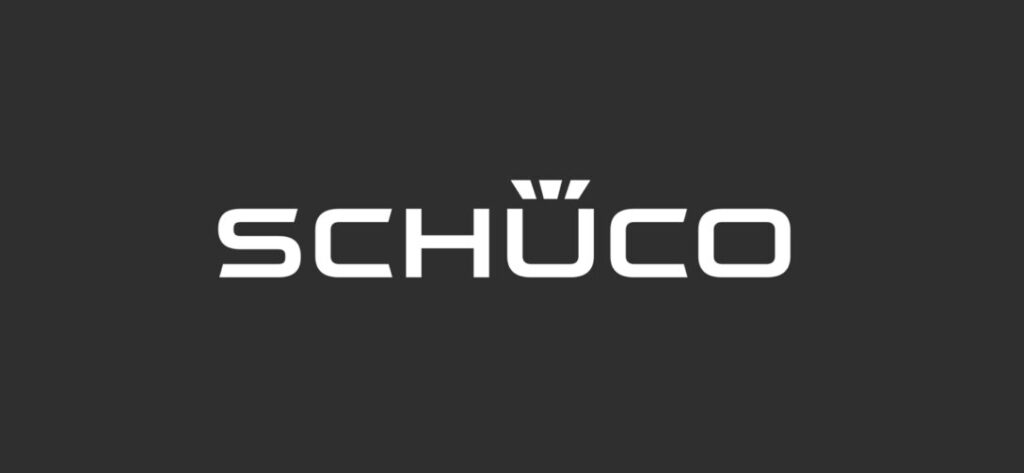The return on investment of knowledge management projects
Making the ROI of knowledge management visible is not so easy, but not impossible. We have summarized current studies on this topic for you.
Knowledge is undoubtedly one of a company's most important resources. However, while physical means of production and employees are actively managed in almost every organization, knowledge is often simply available - spread across countless heads and locations. Strategically, knowledge management is therefore often introduced out of a desire to keep knowledge in the company independently of people, to make it useful and easy to find. In addition, the introduction of knowledge management systems is usually aimed at streamlining processes and making the onboarding of new employees simpler and more efficient.
One of the reasons why many companies have not yet actively pursued knowledge management, despite the many desirable benefits, is that the return generated by such a project is often difficult to measure. In the following, we will therefore look at how managers can recognize that knowledge management in their organization is in need of improvement and what concrete return companies can expect from the introduction of a central knowledge management platform.
Signs of knowledge management in need of improvement
If you want to get an idea of whether the introduction of a knowledge management system is worthwhile for your organization, answer the following questions for yourself:
- Do you or your colleagues often have to search for relevant information because there is no clear structure?
- Is relevant information sometimes not shared at all because there is no defined place for it?
- Is information scattered everywhere in different / outdated versions?
- Do information silos in your organization ensure that you never know what "the others" are doing?
- Do new colleagues often have to ask around because they are missing important information?
- Do experts and managers have to answer the same questions over and over again?
If you have answered "yes" to several of these questions, there is a good chance that the introduction of a central knowledge management system is worthwhile for your organization. But what exactly does "worthwhile" mean in this context?
ROI of knowledge management - a sample calculation
According to a study by APQC Research, the average knowledge worker spends 2.8 hours per week searching for or requesting relevant information. He or she spends a further 2.0 hours recreating information that already exists elsewhere and another 1.7 hours reissuing the same information or answers over and over again. Assuming, for example, a 30% share of knowledge workers and a total workforce of 2500 employees, the time lost due to inefficiency already amounts to 22,500 working days per year.
In order to arrive at a realistic basis for calculation, this lost time must of course be compared with the time that must be invested in editorial work to avoid these inefficiencies.
With an average of around one full-time content manager per 2,500 employees and 300 dedicated editors for the knowledge platform, who spend an average of 4 hours per week on editorial work, this results in a required investment of 8,800 working days per year. Overall, the example results in an average time saving of 13,700 working days per year. This does not take into account the fact that editorial work is already being carried out before the introduction of a central knowledge management platform. The actual additional time invested in editorial activities is therefore significantly less. Synergy effects resulting from a higher quality of information and a reduction in employee dissatisfaction are also not included in the calculation example.
Just like the time required for editorial activities, the average internal investment of resources for the introduction of a central knowledge management system must be taken into account for a serious basis for decision-making. In our experience, depending on the complexity of the project, this involves around 2 - 4 hours per week for the members of the project team over a period of 2 - 4 months. This results in an average internal investment of 50 - 80 person days, divided over 7 - 12 resources and a period of 16 - 20 weeks.
Knowledge for the ears?
If you would like to learn more about knowledge management, we also recommend our podcast "The Queens Stash". Our knowledge management expert Saskia Picht discusses everything to do with tips, tricks and projects on the topics of knowledge management, document management, IMS and intranet with alternating guests. Just listen in!
More recent contributions



